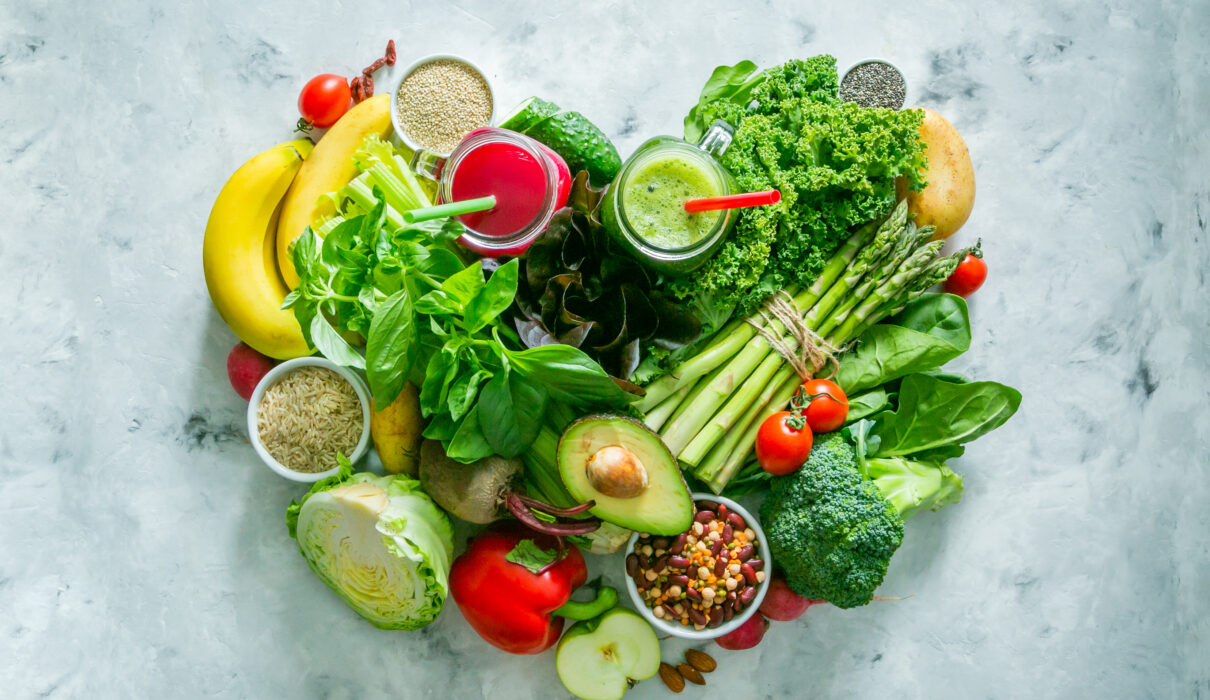Haemorrhoids, swollen veins in the anus or lower rectum, can be a painful and uncomfortable condition. While lifestyle factors and pregnancy often contribute to their development, diet plays a significant role as well. By making strategic food choices, you can support your haemorrhoid treatment and prevent painful flare-ups. Here’s some insight from a leading colorectal surgeon in Melbourne specialising in haemorrhoid removal.
The Importance of Fiber
Fiber is a dietary superstar when it comes to haemorrhoid treatment and prevention. It adds bulk to your stool, making it softer and easier to pass. This reduces straining and constipation, which is a primary cause of haemorrhoid flare-ups.
- Excellent fibre sources: Fruits, vegetables, whole grains, legumes, and nuts are packed with fibre. Think apples, berries, broccoli, brown rice, lentils, and almonds.
- Gradual increase: Introduce fibre-rich foods gradually to avoid digestive upset.
- Hydration: Drink plenty of water to help fibre work effectively.
Foods to Embrace for Haemorrhoid Relief
- Leafy greens: Spinach, kale, and collard greens are rich in fibre and antioxidants, promoting gut health.
- Oats: Oatmeal is a great source of soluble fibre, which helps soften stool.
- Flaxseed: Ground flaxseed can be added to smoothies, yogurt, or baked goods for extra fibre and omega-3 fatty acids.
- Prunes: These dried fruits are a natural laxative, helping to prevent constipation.
- Hydrating foods: Watermelon, cucumber, and strawberries have high water content, aiding digestion and preventing dehydration.
Foods to Limit or Avoid
While many foods are beneficial for haemorrhoid treatment and prevention, some can exacerbate symptoms:
- Spicy foods: These can irritate the anal area, worsening discomfort.
- Alcohol and caffeine: These can lead to dehydration and constipation, contributing to haemorrhoid problems.
- Processed foods: Low in fibre and often high in unhealthy fats and additives, processed foods can disrupt digestion.
- Red meat: Excessive red meat consumption can contribute to constipation.
Creating a Haemorrhoid-Friendly Diet
- Balance: Aim for a balanced diet rich in fruits, vegetables, whole grains, and lean protein.
- Portion control: Enjoy a variety of foods in moderate amounts.
- Regular meals: Avoid skipping meals, as it can lead to constipation.
- Listen to your body: Pay attention to how different foods affect your digestive system.
Remember, while diet plays a crucial role in haemorrhoid management, it’s essential to consult with a healthcare professional for proper diagnosis and treatment, especially if symptoms persist or worsen. By combining dietary changes with other preventive measures, such as regular exercise and adequate hydration, you can significantly improve your haemorrhoid symptoms and overall digestive health, reducing the need for haemorrhoid removal from a colorectal surgeon.
Looking for a Colorectal Surgeon for Haemorrhoid Removal?
Haemorrhoids are a common condition, but they don’t have to be a source of constant stress or discomfort. By understanding the causes, implementing preventative measures, and seeking treatment when needed, you can manage your haemorrhoids without needing haemorrhoid removal. Remember, communication with your doctor is key throughout this process. If you need more specialised haemorrhoid treatment, speak to Dr Naseem – a leading colorectal surgeon – about haemorrhoids removal.


